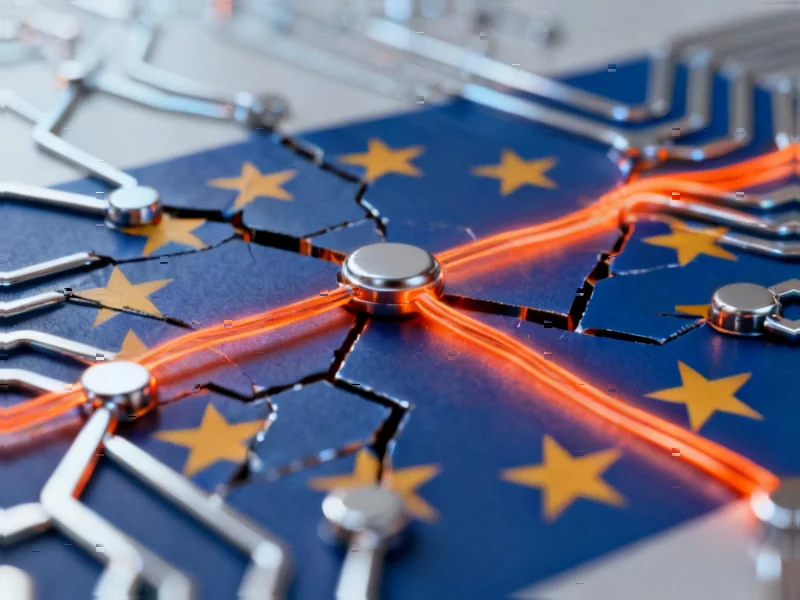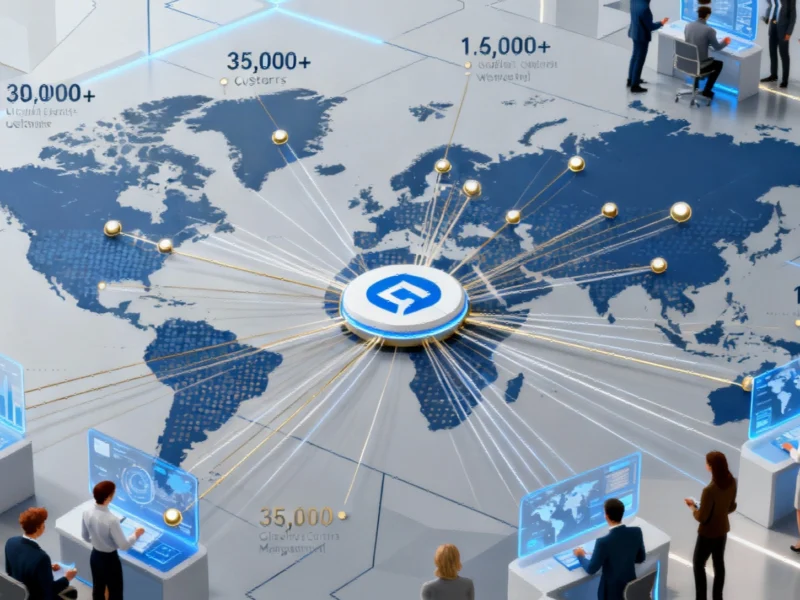Geopolitical Strains Shape European Business Strategies
Geopolitical tensions are expected to significantly influence European firms through 2026, with uncertainty around U.S. policy decisions impacting both immediate and long-term planning, according to industry reports. Sources indicate that organizations across the continent are intensifying efforts to decrease reliance on external entities, including Chinese supply chains and U.S.-based digital infrastructure providers.
Table of Contents
EU’s Sovereignty Drive Targets Technology and Resources
The European Union is making a concerted push to achieve greater sovereignty over its technological resources and digital services, analysts suggest. This initiative aims not only to secure strategic autonomy but also to enhance the bloc’s global competitiveness. The report states that simplifying legislation while advancing frameworks like the European Green Deal and the AI Act will play pivotal roles in shaping business environments.
Legislative Impacts on High-Risk and Prohibited Technologies
Firms should anticipate ongoing regulatory challenges as the EU rolls out its AI Act, focusing on prohibited and high-risk applications, according to analyses. Meanwhile, the UK’s evolving stance—diverging on artificial intelligence while aligning with the EU on security and defense—adds another layer of complexity for multinational operations. The report emphasizes that adaptation to these legal shifts will be crucial for sustainability and growth.
Strategic Shifts in Supply Chains and Digital Platforms
Reducing dependencies on non-European hyperscalers, large language model providers, and digital platforms is becoming a top priority for both private and public-sector organizations, sources indicate. This strategic pivot is driven by the need to mitigate risks associated with external geopolitical volatility and to foster homegrown innovation. Companies are reportedly reassessing partnerships and investing in local alternatives to build resilience.
Outlook for European Business and Technology Leaders
Looking ahead to 2026, European business, technology, and marketing leaders should prepare for a landscape defined by regulatory evolution and sovereignty-centric policies. Analysts suggest that proactive engagement with EU directives and diversification of tech stacks will be essential to navigating upcoming challenges and capitalizing on emerging opportunities.
Related Articles You May Find Interesting
- Google’s NotebookLM Transforms Self-Hosting Education with Public Learning Noteb
- Alibaba’s Strategic AI Expansion: Consumer-Focused Smart Glasses and Enhanced Ch
- Texas Instruments Signals Slower Semiconductor Market Rebound Amid Economic Unce
- Synthetic Medical Imaging: How AI-Generated Data Could Revolutionize Healthcare
- NordVPN Pioneers Linux-Based VPN Solution for Amazon’s Revolutionary Vega OS Fir
References
- http://en.wikipedia.org/wiki/European_Union
- http://en.wikipedia.org/wiki/Europe
- http://en.wikipedia.org/wiki/Large_language_model
- http://en.wikipedia.org/wiki/Solution_stack
- http://en.wikipedia.org/wiki/Dependent_territory
This article aggregates information from publicly available sources. All trademarks and copyrights belong to their respective owners.
Note: Featured image is for illustrative purposes only and does not represent any specific product, service, or entity mentioned in this article.



